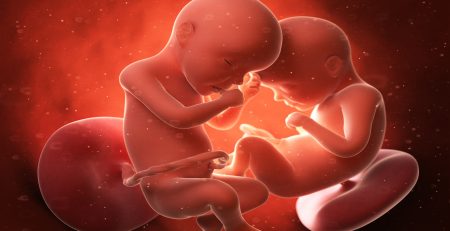Myo-inositol is a vitamin-like nutrient produced by the body and found in many foods. It’s gained a growing appreciation for its purported benefits in women with PCOS. But myo-inositol is also being researched for reducing anxiety, improving diabetes, and enhancing fertility in men. We will explore why myo-inositol might be important and ways to naturally boost it in the body.
What Is Myo-Inositol?
Overview
Myo-inositol is the most common form of inositol found in nearly all plants and animals.
It plays so many roles, that it – specifically, inositol – was unofficially classified as a B vitamin (vitamin B8). However, generally, it is referred to as a vitamin-like substance instead.
On the other hand, myo-inositol supplements have not been approved by the FDA for medical use. Supplements generally lack solid clinical research. Regulations set manufacturing standards for them but don’t guarantee that they’re safe or effective. Speak with your doctor before supplementing.
Role in the Body
All cells need myo-inositol to survive. Once they take it in, they transform it to phosphatidylinositol, a crucial component of cell membranes. Myo-inositol also helps orchestrate the activity of hormones.
It affects the very structure of cells, metabolism in brain cells, fat burning and storage, energy use, and the stress response. It is equally important for the brain, as it protects neurons and nerves.
Myo-inositol is also used by the ovaries to make hormones that affect fertility and ovulation (such as FSH).
The second most abundant inositol after myo-inositol is D-chiro-inositol. It acts as an antioxidant and studies suggest it helps improve PCOS and hormonal imbalance in women.
Levels of myo-inositol are especially high in the brain. In fact, the brain can make large amounts of myo-inositol from the products of glucose breakdown. Myo-inositol levels in brain cells are a measure of the “energy charge” of cells. Scientists believe that the more inositol brain cells have, the better they’re protected and the greater the overall energy in the brain.
Myo-inositol also increases from any kind of brain damage, as a way to compensate for injury and heal. But this increase in brain myo-inositol is also linked to scar tissue in the brain and cognitive problems.
Having balanced levels of myo-inositol in the body may be key. Low levels are linked to infertility, anxiety, and metabolic and hormonal problems. But extremely high levels are linked to brain damage and mania.
Genetics
Two genes are very important for inositol production:
You can get a comprehensive genetics test and upload the results to SelfDecode to analyze your genome for these genes.
Snapshot
Proponents
- Essential nutrient
- Helps with diabetes and metabolic syndrome
- Increases fertility and reduces PCOS symptoms in women
- Protects the brain and nerves
- May improve mental health (mood and anxiety)
Skeptics
- May not be beneficial for men with diabetes
- Can cause nausea, digestive problems, and tiredness
- Doesn’t improve autism, cognitive problems and mania
- Large-scale, multi-center clinical trials are lacking
- Long-term safety unknown




